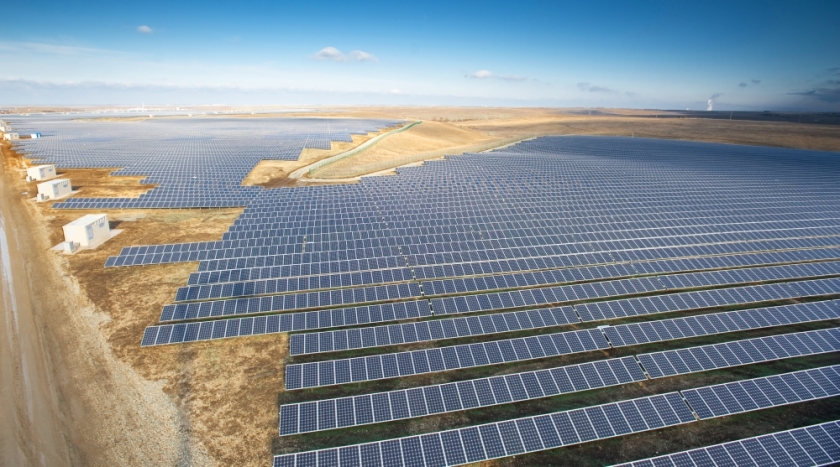 Note: This piece originally appeared in the 15 June 2018 edition of the Bear Market Brief newsletter. If you are interested in learning more about Russian political economy – as well as reading my own occasional scribblings on Russian law – then you can sign up – right here – Allen Maggard
Note: This piece originally appeared in the 15 June 2018 edition of the Bear Market Brief newsletter. If you are interested in learning more about Russian political economy – as well as reading my own occasional scribblings on Russian law – then you can sign up – right here – Allen Maggard
The electrical blackout that blanketed Crimea this past Wednesday underscored the challenges of the effort to integrate the contested peninsula. Crimea has become something of a money pit for the Russian economy over the past four years. Less apparent is how the region’s annexation has paved the way for commercial litigation involving inadvertent breaches of contract resulting from international sanctions. Some of these legal actions have directly jeopardized the very projects that promise to alleviate Crimea’s economic woes – including in the area of electrical supply.
In 2012, VTB Capital plc extended EUR 175 million in financing credit to a group of Simferopol-based solar energy producers under the control of a Cypriot entity known as Aurnia Commercial Ltd. The Aurnia group of solar companies regularly transferred money into three accounts with VTB Capital plc’s Ukrainian branch in order to write off its debt. However, the introduction of sanctions following the annexation of Crimea put a halt to these transactions, prompting VTB Capital plc to demand that the Aurnia group make good on its remaining debt. When these repayments did not materialize, VTB Capital plc filed a legal action against the Aurnia group in the Moscow Arbitration Court (ASgM) on 23 November 2015.
Citing force majeure – a clause freeing parties from their respective contractual responsibilities in the event of unforeseen external developments – the Aurnia group asserted that sanctions had rendered its agreement with VTB Capital plc void. The Aurnia group demonstrated that it had made numerous efforts to transfer funds to VTB Capital plc through other financial services providers, only to run into sanctions-related restrictions with those institutions as well. While the courts agreed that the political and economic effects of the Crimean crisis had left the Aurnia group unable to uphold the terms of its agreement with VTB Capital plc, these circumstances did not nullify the latter’s right as a creditor to reclaim debts.
At the same time, the Aurnia group proved that it had not technically reneged on its debt repayment schedule, since it had made a good faith effort to transfer funds to VTB Capital plc through other banks. The courts thus ruled that Aurnia group did not need to pay any penalties for violating the terms of the original credit agreement, and ordered the debtors to repay the remainder of their interest-adjusted debt. At the request of VTB Capital plc, the Arbitration Court of the Republic of Crimea recognized two companies belonging to Aurnia group as bankrupt on 1 June 2018.
The immediate result of VTB Capital plc’s legal action against the Aurnia group will be to deny other Crimean debtors the option of invoking force majeure vis-à-vis sanctions as a valid protection against creditors. This will certainly reduce the burden on the dockets of regional arbitration courts. However, in fulfilling VTB Capital plc’s claim and impelling the Aurnia group to sell off portions of its generating equipment at liquidation value, the courts have also placed Crimea’s energy supply at risk of further disruptions. As far as tradeoffs go, it’s a shockingly bad one.
